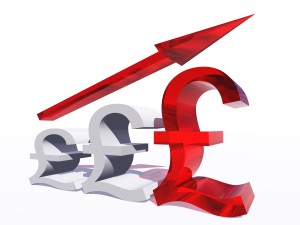New and inexperienced sales people often struggle when faced with a demand for a discount from a potential customer. They feel that they cannot refuse this demand without  jeopardising the sale. What they need to learn are the skills that allow them to transform the discount demand into a bonus expectation.
jeopardising the sale. What they need to learn are the skills that allow them to transform the discount demand into a bonus expectation.
In sales negotiations the difference between a bonus and a discount is that discounts are price reductions and bonuses are rewards. Discounts are granted by the salesperson whilst bonuses are earned by the customer. The fact that bonuses are in reality identical to quantity discounts does not affect the basic difference between them.
Quantity bonuses are, however, not the only kind of bonus. Bonuses can also be used to reward different types of purchasing behaviour by the customer. The bonus is, therefore, a management tool that is used in order to achieve a company’s marketing goals and sales objectives.
From the sales person’s perspective, giving a bonus is also a much better negotiation strategy than simply giving the customer a discount. This is because the expectation of a bonus will spur the customer on to buy more, or to take on the entire range of goods, or to purchase certain products which the supplier particularly wants to sell.
Bonuses on the quantity of sales can take two different forms:
1. The bonus is based on the total quantity purchased by the customer.
2. The bonus is based on the sales over and above a quantity threshold, which is a way to motivate the customer to exceed the threshold.
Remember that in a sales negotiation there is no such thing as a ‘bonus in advance’. Giving a price concession without a quid pro quo arouses the customer’s suspicions in the short term - and in the long term is training the customer to grumble about price during the negotiation as a matter of course in order to obtain a discount from you!
